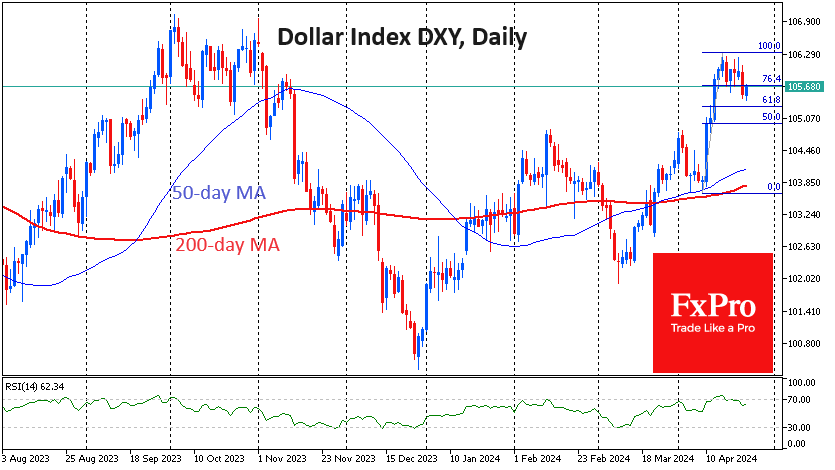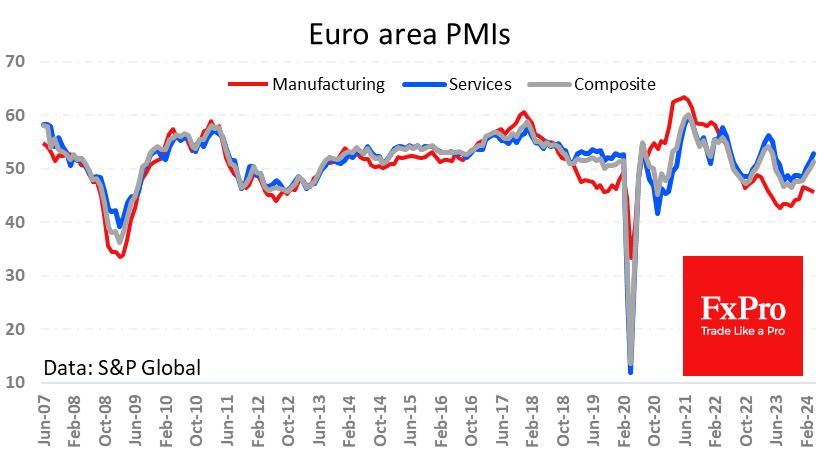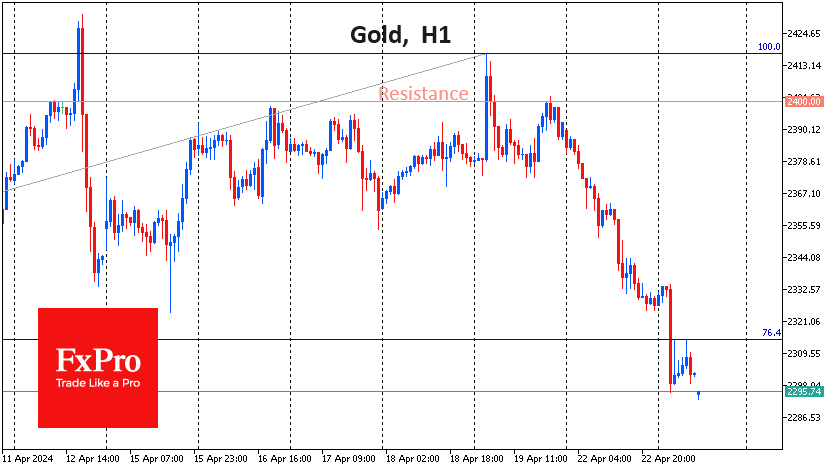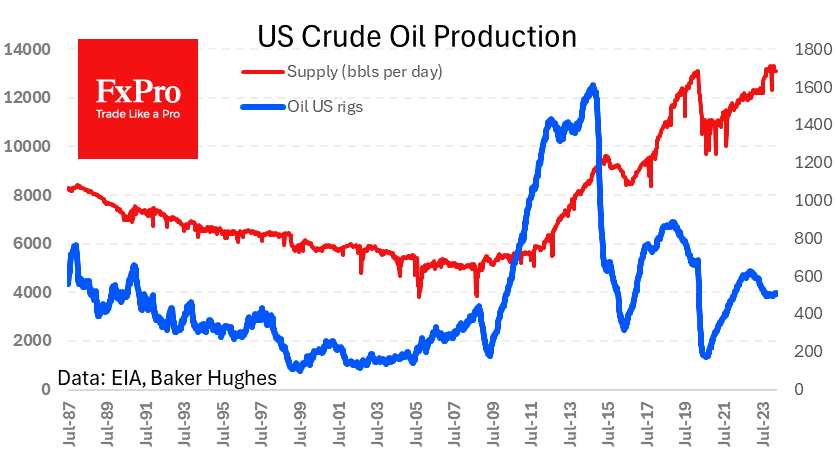U.K. Living Standards Post Biggest Drop Since 1970s Oil Crisis
July 21, 2020 @ 10:26 +03:00
The covid-induced crisis has caused typical working-age household incomes to fall 4.5 per cent between the pre-crisis period and May this year, despite the critical policy support that has cushioned the shock for millions of households, according to the Resolution Foundation’s Living Standards Audit published today (Tuesday).

The Living Standards Audit 2020 considers the position of households on the eve of the crisis, how the initial lockdown phase has affected household incomes, and the prospects for a living standards recovery as the economy reopens but policy support is withdrawn.
The backdrop to the crisis was stagnant, and in some cases falling, living standards. Typical households experienced no income growth between 2016-17 and 2018-19. Real incomes for the poorest tenth of households fell over the same period and, on the eve of the latest crisis, were no higher than in the early 2000s.
This overall stagnation has been followed by a covid-induced economic crisis. Between March and May, the number of employees fell by 574,000 and two in five self-employed workers lost over a quarter of their income. In the year to May, total hours worked fell by 17 per cent.
The Foundation’s analysis shows that this shock has caused typical working-age incomes to fall by 4.5 per cent between 2019-20 and May – the biggest short-term income drop since the oil-crisis induced inflation spikes of the mid-1970s. In contrast, the biggest annual income fall during the financial crisis was -2.7 per cent.
The Audit shows that the nature of the shock – which has centred on the jobs market – coupled with the Government’s policy response – which has focused on protecting employment and strengthening the social security safety net – has meant that the scale of the shock has been felt very differently across households.
The Foundation adds that poorer households are most at risk from this second wave of unemployment. Almost one-in-four (23 per cent) workers in the poorest households are employed in retail, hospitality and leisure – the sectors most at risk of widespread redundancies – compared to just one-in-ten (9 per cent) workers in the highest income households
Finally, the Foundation warns that a further income shock could be due next year if the Government proceeds with its plan to withdraw the recent increase in the generosity of Universal Credit.
UK households have experienced the biggest immediate income shock since the mid-1970s, Bloomberg, Jul 21







